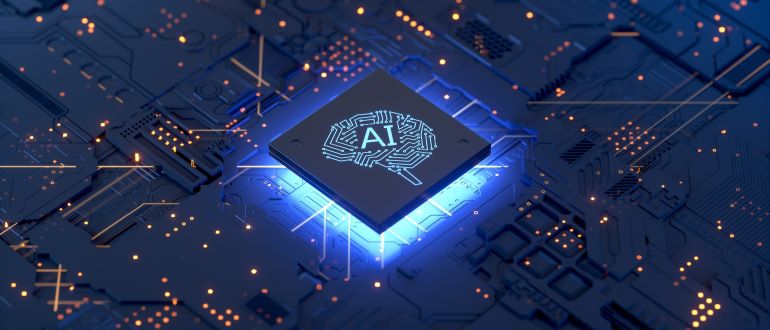
NVIDIA Corp. said it is considering several products following a report that the company is prepping a powerful new artificial intelligence (AI) chip for China that surpasses the performance of its H20 model currently available in the country.
The new chip, tentatively called B30A, is based on NVIDIA’s Blackwell chip architecture and could be tested by Chinese customers as soon as September, according to a Reuters report. The new chip will use a single-die design, have high-bandwidth memory, and NVIDIA’s NVLink technology for fast data transmission between processors, Reuters reported.
“We evaluate a variety of products for our roadmap, so that we can be prepared to compete to the extent that governments allow,” NVIDIA said in a statement. “Everything we offer is with the full approval of the applicable authorities and designed solely for beneficial commercial use.”
On Tuesday, Commerce Secretary Howard Lutnick told CNBC he wouldn’t be surprised if NVIDIA CEO Jensen Huang wants to sell a new chip to China.
NVIDIA’s latest foray in China follows a tumultuous few months in which the chips industry and federal government sparred over the sale of advanced chips in China.
In April, the Trump administration stopped their sale over national security concerns.
But by last week, President Donald Trump was open to the idea of more advanced NVIDIA chips being sold in China after NVIDIA and AMD agreed to give the U.S. government a 15% cut of their sales in China in exchange for permission to resume selling chips in the region. The president said he initially requested a 20% slice of NVIDIA’s sales but Huang negotiated the percentage down to 15%.
Republicans and Democrats have voiced concern of access to even scaled-down versions of popular AI chips to China and their impact on the U.S. maintaining a competitive edge in AI. At the same time, NVIDIA — like many of its Big Tech peers — is dependent on China for sales. About 13% of the company’s sales in the past fiscal year came from the region.
NVIDIA and others contend it is vital to retain Chinese interest in their chips so developers do not switch over entirely to rivals like Huawei.

